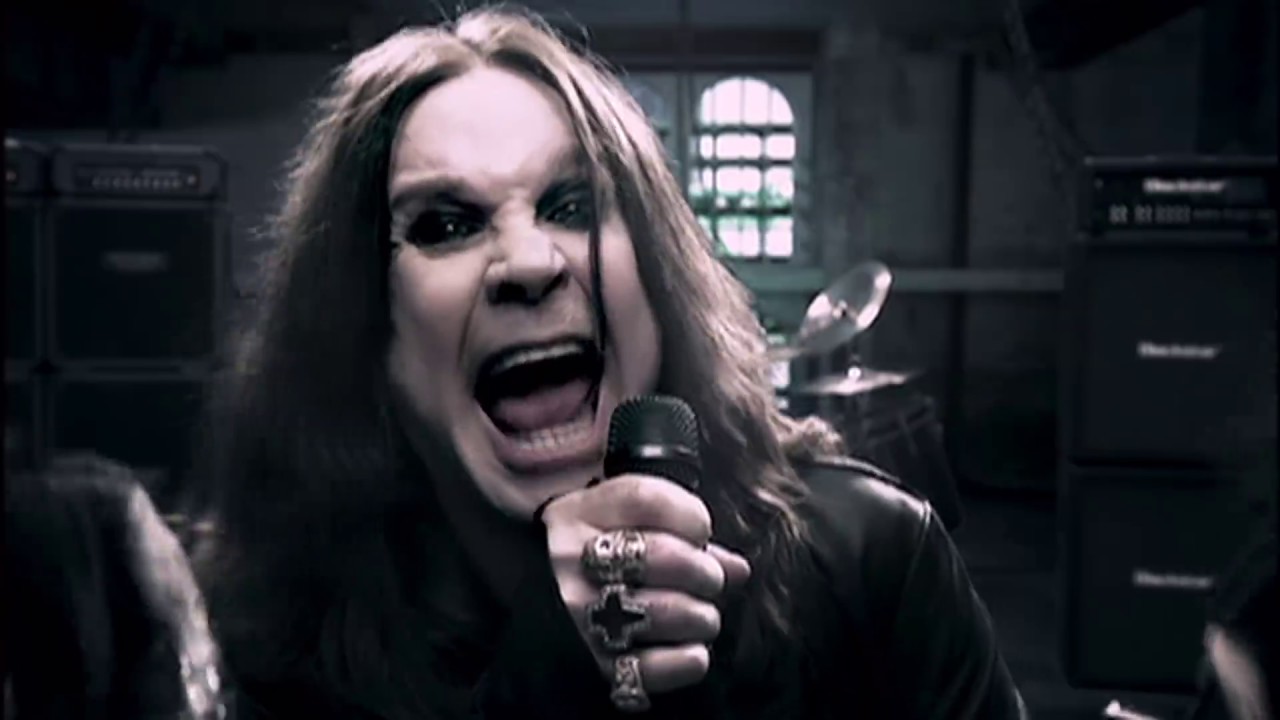Ozzy Osbourne – “Mama, I’m Coming Home” (Final Performance)

Ozzy Osbourne – “Mama, I’m Coming Home” (Final Performance)
There are moments in music history that transcend performance—moments where an artist doesn’t just sing a song, but becomes it. That’s exactly what happened when Ozzy Osbourne, the Prince of Darkness himself, took the stage one final time to perform “Mama, I’m Coming Home.”
Written in the early ’90s with guitarist Zakk Wylde and lyricist Lemmy Kilmister, the song was originally a heartfelt tribute to Sharon Osbourne—his wife, manager, and the woman who stood by him through every storm. It was Ozzy’s way of expressing gratitude, remorse, and love after years of chaos. But in this last performance, it became something else entirely.
Gone were the stage antics, the heavy makeup, and the pyrotechnics. What remained was a man standing at the end of a long, turbulent road, looking back—not with regret, but with hard-won wisdom. Ozzy’s voice, once wild and feral, was now weathered and vulnerable. Every lyric landed like a confession, every note like a final breath.
“I’ve seen your face a hundred times,
Every day we’ve been apart…”
You could feel the weight of decades in those lines—years of addiction, fame, failure, forgiveness. You could see the pain in his eyes, but more than that, you could see peace. This wasn’t just Ozzy saying goodbye to the stage. This was Ozzy saying goodbye to the life he once lived—the highs, the lows, the darkness, and the demons.
There was no need for theatrics. The emotion alone was overwhelming. Fans in the audience, some who had followed him since Black Sabbath’s debut in 1970, stood in silence, many in tears. They weren’t just witnessing a final concert—they were witnessing closure.
And perhaps that’s what makes this moment so unforgettable. “Mama, I’m Coming Home” wasn’t just a song anymore. It became a eulogy, a love letter, and a final reckoning rolled into one. Ozzy didn’t just perform it—he lived it.
So if you haven’t watched that final performance… don’t put it off. This isn’t just music history. It’s the sound of a legend making peace with himself.
And it will stay with you long after the final note fades.











